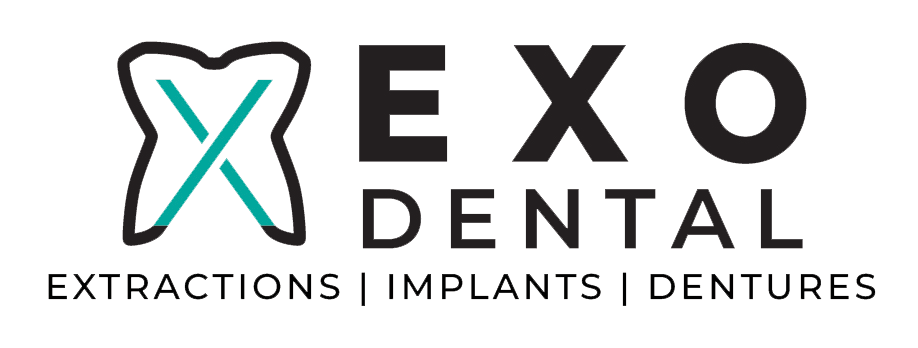A Guide to Preparing Yourself for a Tooth Extraction
Tooth extraction is a common dental procedure in which a tooth is pulled out or removed from its socket in the bone. It is usually done to protect your mouth from further decay and to eliminate potential pain caused due to an infected tooth. Tooth extraction is also performed to make room for the placement of dental implants or to prepare the jaw for orthodontic treatment.
Who Would Need a Tooth Extraction?
The most common reason for a tooth extraction is due to decay. When a tooth is so severely decayed that it cannot be saved with a filling or crown, the dentist recommends removing it. Other reasons for tooth extraction may include crowding in the mouth, a fracture that cannot be repaired, or an infected tooth.
In addition to decay, another reason for a tooth extraction is to prepare for orthodontic treatment. If a person has overcrowded teeth, the dentist may recommend removing one or more teeth to make room for the other teeth to move into the correct position. This is often done before braces or other orthodontic treatments.
A third reason for a tooth extraction is a wisdom tooth. Wisdom teeth are the last molars to come in, usually during the late teenage years or early twenties. Wisdom teeth can often cause problems due to their location in the back of the mouth, as they can become impacted or cause overcrowding. If this is the case, the dentist may recommend removing the wisdom teeth.
How to Prepare Yourself for Tooth Extraction
Since tooth extraction is a surgical procedure, it is important to prepare yourself for it. Here are a few tips to help you prepare for your tooth extraction:
1. Visit Your Dentist
Before the extraction, it is important to visit your dentist so they can make sure that the tooth is ready for extraction. During the visit, your dentist will take X-rays of your mouth to get a better view of the tooth and its roots. They may also prescribe antibiotics to prevent infection after the extraction.
2. Stop Smoking
Smoking should be stopped at least 24 hours before the tooth extraction. This is because smoking can increase the risk of excessive bleeding during the procedure and can also slow down the healing process.
3. Avoid Taking Certain Medication
Some medications, such as aspirin, ibuprofen, and other blood thinners, can increase the risk of excessive bleeding. It is important to inform your dentist of all the medications you are taking before your extraction.
4. Eat a Light Meal before the Procedure
Eating a light meal before the procedure can help you avoid feeling faint or nauseous after the procedure. Avoid eating any crunchy, hard-to-chew food that can damage the surgical area.
5. Stay Hydrated
Drink plenty of fluids before and after the procedure. This will help to keep your body hydrated and reduce the risk of dehydration.
6. Take Care of the Extraction Site
After the extraction, it is important to keep the extraction site clean and dry. You can do this by gently rinsing the area with warm salt water a few times daily. Avoid drinking hot liquids or using a straw for the first few days after the extraction.
Conclusion
Tooth extraction is a procedure that is generally performed by a dentist in order to remove a tooth that is damaged, decayed, or otherwise problematic. The procedure is typically performed under local anesthesia, and involves using special instruments to loosen and remove the tooth. The procedure is usually relatively quick and straightforward, and patients can typically return to their normal activities within a few days.
Are you looking for a dentist in Rogers, Arkansas? You can visit us at Exo Dental. We offer dental services of all kinds for your needs. Just get in touch with us to book your appointment at Exo Dental.
Don't hesitate to contact Exo Dental in Rogers to discuss your tooth removal and oral surgery options. Hablamos Español.

